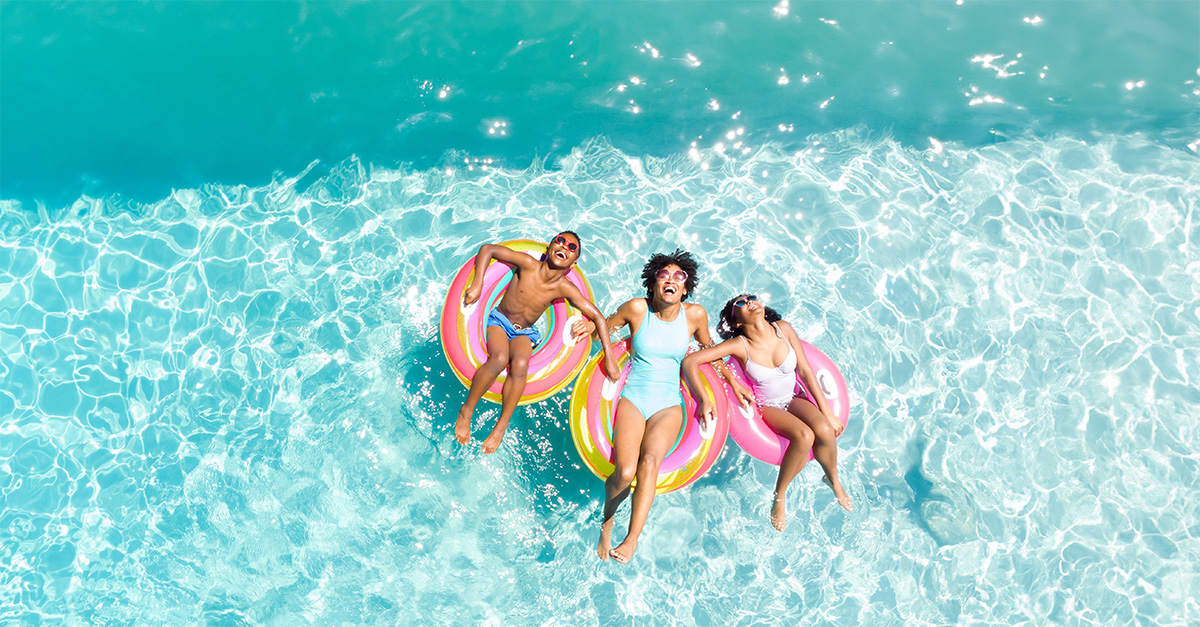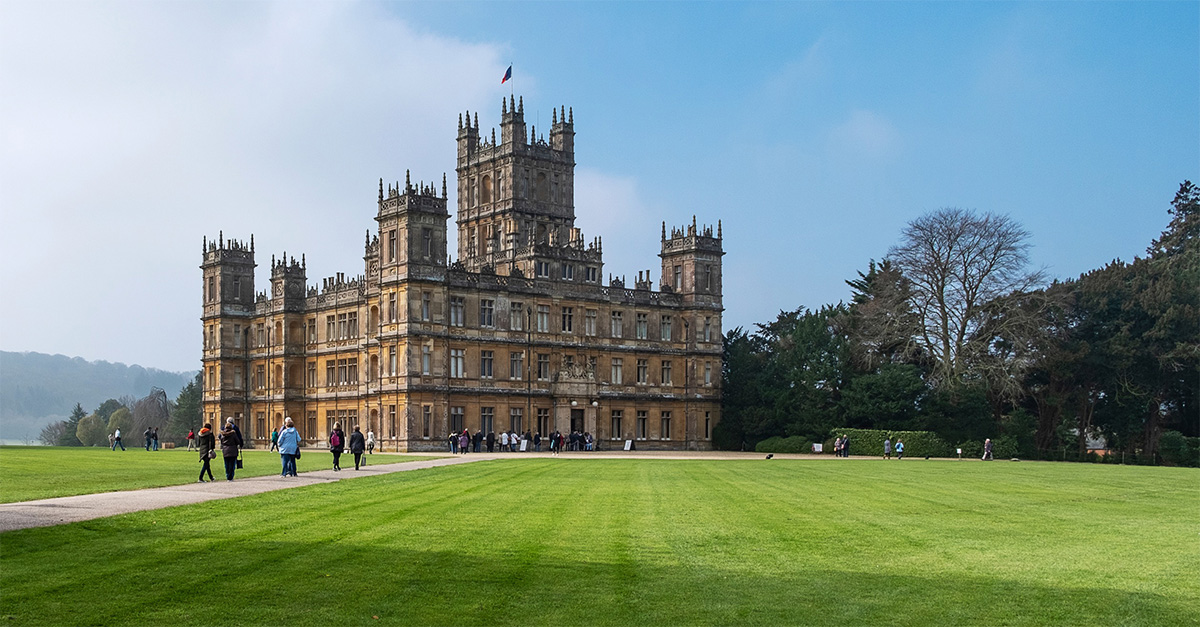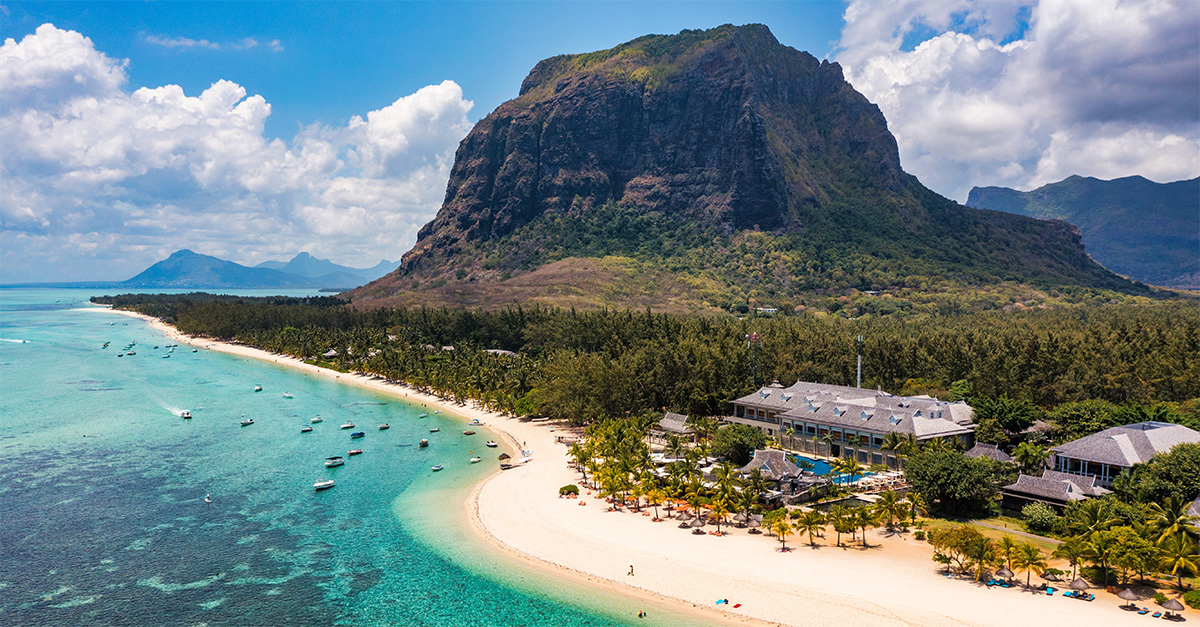Soneva Gili in Thailand is featured in Kuoni’s responsible tourism programme
It’s easy to think responsible tourism involves digging wells, sleeping in yurts or refusing to fly to minimise your carbon footprint. But holidaying sustainably can be as painless and fun as even the most flippant client could wish.
Those who want to get their hands dirty and give something back can get involved on a very direct level, but for many, holidaying responsibly will just be a matter of making the right choices.
It needn’t mean roughing it, or even having a non-traditional holiday. It’s about choosing companies who take sustainability seriously – hotels that don’t damage the environment, operators who involve the local community and airlines that aim to minimise their environmental impact. That way, clients can feel good about their holidays knowing that their fun isn’t at someone else’s expense.
Here we profile some of the travel businesses and industry bodies that can help you demonstrate to clients who care – and research shows more and more of them do – that their holiday is helping, not harming, the world around us.
Virgin Holidays
Virgin’s Human Nature Collection is a brochure of packages and hotels chosen for their commitment and contribution to social ventures, local communities and the environment. Its scope is wide, from small group adventure tours allowing contact with local people to hotels, big and small, that have excellent green credentials.
Virgin Holidays also supports sustainable projects in-destination. These include the Marine Protection Project in Bluefields Bay, Jamaica, which helps local fisherman learn about sustainable fish stock management, and a scholarship programme in the Caribbean giving students the chance to study in the US.
Virgin’s fam trips take in community projects and volunteering, and Virgin Holidays is the main sponsor of the Branson Centre for Entrepreneurship in the Caribbean, opening this month, to help sustainable small businesses. Every single Virgin Holidays booking includes a donation to the Travel Foundation.
Kuoni
Kuoni UK launched its range of sustainable holidays, Ananea, this year. The range is purposely as broad as possible, says Dagmar Marrocco, market manager, to allow clients to choose how they want to be responsible.
“If someone just wants to offset their carbon emissions, or book a luxury hotel in the Indian Ocean that has great green credentials, they can. But there are also independent and escorted tours, and volunteering options.”
There are 24 hotels in the brochure, with background information on why they’ve been chosen, and for the tours and volunteering, Kuoni worked with partners such as the Born Free Foundation, Earthwatch, and Green Cross International.
Agents receive normal commission levels on the hotels in the e-brochure, but the land portions of tours and volunteering activities are non-commissionable. Call the Ananea team on 01306 871187.

Wilderness Safaris’ Children in the Wilderness project teaches life skills and environmental awareness to local kids
Wilderness Safaris
Companies that work in the safari industry have a vested interest in keeping the ecosystems and animals healthy, but Wilderness is incredibly committed to what it calls ‘the four Cs’ – conservation, community, culture and commerce.
The group’s chief sustainability officer, Derek De La Harpe, is also its financial director, which gives you a clue how integral sustainability is to its operations. “Commerce is straightforward,” Derek says. “A profitable business creates the resources we need to do all the other things. The other three Cs are more complicated.”
The group, which looks after more than seven million acres of land in Africa, tries to minimise its negative impact with special initiatives on use of water, energy and waste.
It is currently retrofitting its camps – powered by diesel generators – to run off 100% solar power. The group works to increase biodiversity by re-introducing species to areas where they have disappeared, and gives back to communities both financially and by building schools and clinics and organising social welfare projects.
The Children in the Wilderness project hosts local kids for five-day programmes in the group’s camps, teaching them life skills and educating them about the environment. So far, 4,000 kids have attended, and many return in later years to work for the group.
Tourism New Zealand
Namechecked by the Travel Foundation as one of the world’s most forward-thinking tourist boards when it comes to sustainability, Tourism New Zealand has sustainability written into its strategy, with its ‘100% Pure’ branding highlighting the importance of the environment.
This results in a number of activities and initiatives, from helping build the capabilities of the Maori tourism sector to rating tourism businesses not just with a ‘Qualmark’ for service and facilities, but also a ‘Qualmark Green’ rating for responsible tourism practices. It urges operators to work responsibly, and promotes New Zealand’s ecotourism products overseas.
Sustainability and the big two
Between them, Thomas Cook and Tui brands take more than 10 million Brits on their holidays each year, so any changes these companies make to their environmental policies have a massive effect.
In September 2010 Thomas Cook Airlines became the first UK airline to achieve ISO 14001 certification – a thumbs up for the airline’s environmental management system. Its efforts include everything from eco-labels giving clear information of the impact of each flight at boarding doors to onboard recycling and commitments to fuel efficiency.
On the ground, Thomas Cook uses the internationally recognised Travelife Bronze, Silver and Gold Award logos in its brochures. These measure how hotels, excursions and transportation providers address issues of sustainability.
Changes made to Thomson Airways aircraft over the last year have saved over 2,500 tonnes of CO2, and a commitment has been made to make a further reduction of 3,000 tonnes on ground-based operations by 2014.
This is just one of 14 ‘Holidays Forever’ commitments made by Tui, which also includes researching sustainable fuel, investing in clean energy projects in destination countries and raising £14 million for the World Care Fund, with projects helping Maasai villagers in Kenya, building a wind farm in Kerala and reducing water usage in Moroccan hotels.
Last year Thomson and First Choice both launched Greener Holidays brochures, printed on 100% recycled paper and featuring more than 80 hotels with Travelife awards.




